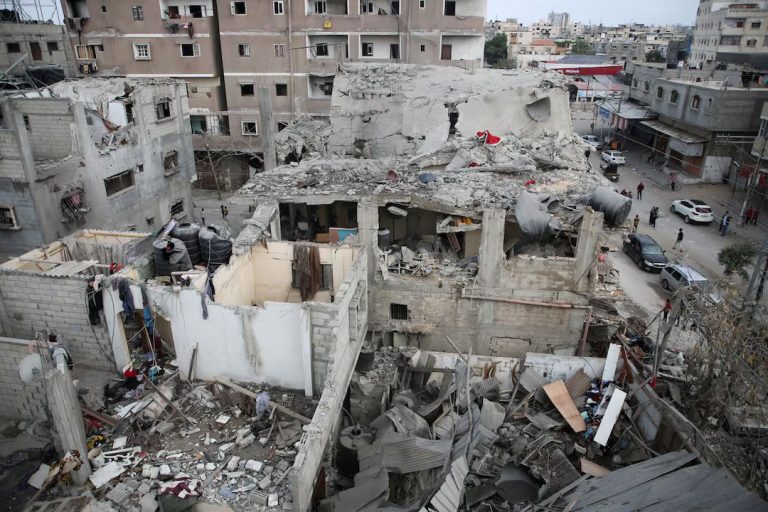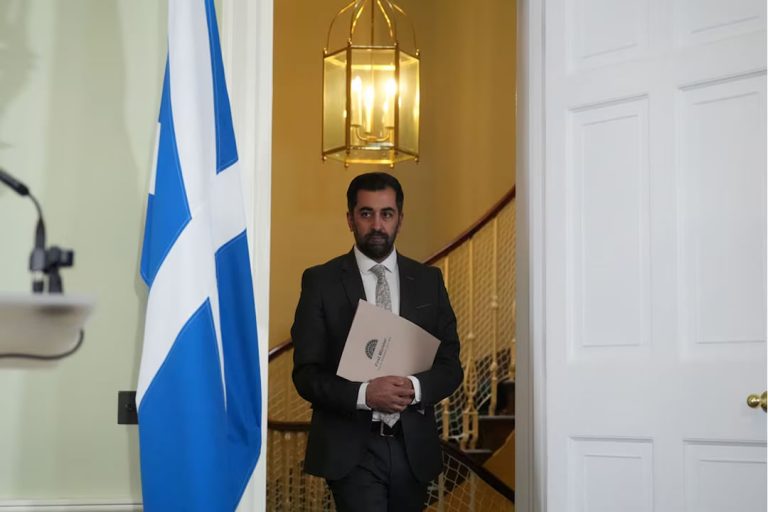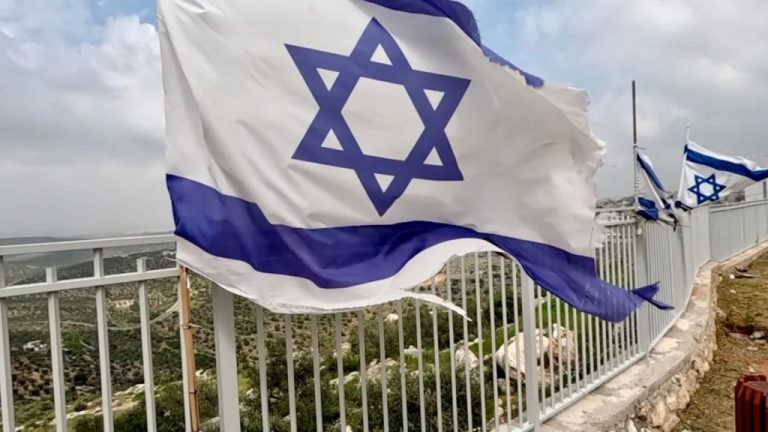
This story is part of Elections 2020, CNET’s coverage of the run-up to voting in November.
The Democratic and Republican nominating conventions, long mainstays of the US presidential election cycle, have been forced online, creating the biggest test yet for conducting life remotely during the coronavirus.
Robbed of the energy of convention halls, the parties will seek to re-create that enthusiasm in high-production streaming events that beam their luminaries from around the country to online audiences. The Democrats, whose convention begins on Monday after a roughly month-long delay, have lined up the party’s most visible figures, including former President Barack Obama. The Republicans, who will make their case for four more years in the White House, grab the spotlight on Aug. 24.
Done with savvy and pizzazz, the Democrats and Republicans could galvanize support for their candidates — former Vice President Joe Biden and President Donald Trump, respectively — despite the absence of cheering crowds, over-amplified rock music and blizzards of confetti. If technical glitches hobble the proceedings, the parties risk broadcasting a mammoth Zoom call derailed by freezes, connection mishaps and mute fails.
“For decades, the conventions have been splashy media events that have always involved an awful lot of choreography,” said James McCann, a professor of political science at Purdue University in Indiana. “The challenge will be whether they can replicate or devise some functional equivalent virtually to create that excitement.”
Nothing about 2020 is normal, and the conventions are just the latest example of our new bizarro lives. Court cases are conducted online. School is held remotely. Baseball is played without fans in the stands. The Democrats and Republicans moving to virtual conventions is more evidence of how our world is intermediated by the internet, particularly during a pandemic that has already killed more than 166,000 Americans.
National party conventions date back to the 1800s and were originally raucous, spontaneous affairs filled with backroom deals and political horse trading. In 1924, the Democratic convention stretched nine days — the longest in US history — and required more than 100 rounds of voting and a couple of fistfights before a nominee, John Davis of West Virginia, was chosen. (Davis went on to lose to Republican incumbent Calvin Coolidge.) It wasn’t until 1932 that the candidates themselves even started showing up. That year, Franklin D. Roosevelt decided he’d travel to Chicago to accept his nomination in person. Prior to that, candidates often felt showing up at the conventions was too presumptive.
Today, conventions are scripted, choreographed affairs where little, let alone the nominee, is up in the air. Still, the events are important for generating excitement and introducing the country to up-and-coming political stars. This time around, organizers will have to balance a host of moving parts: live-streamed speeches, in-person voting, and the health and safety issues that will inevitably arise in producing a professional blend of messaging and entertainment during COVID. Conventions are designed to engage and energize voters. It’s an open question whether that can be accomplished without the fanfare and pageantry that normally accompany these events.
Kate Malloy, the creative director at New Hampshire-based Malloy Events, said interest in the 2020 election cycle has been in high gear even before COVID-19. It’s only picked up, she says, with Black Lives Matter protests, debates over masks and Biden’s VP choice.
Now, the question is whether the parties and their candidates can deliver excitement at the same level of a traditional live convention.
“The challenge lies in how these politicians will connect with viewers at home, through the TV or computer, when there’s no live audience,” Malloy said, adding that she expects the production quality of both conventions to be top notch.
Convention organizers could get creative on social media to infuse the event with energy and drama, says Jill Schiefelbein, owner of Dynamic Virtual Events, a consultancy that helps companies plan online conferences and events. The committees could, for example, arrange for behind the scenes access to the candidate or push people to take selfies with their own signs and post them on Facebook or Twitter.
“Historically, these events have not been open to everyone in the same way,” Schiefelbein said. “The RNC and DNC could leverage that access to reach a broader base.”
A ‘reimagined’ DNC
The Democrats originally planned to hold their convention last month in Milwaukee, a symbolic choice after the party failed to win the state in the 2016 election. Now, the party will have a scaled-back presence in the Cream City: even Biden won’t make the trip, live-streaming his acceptance on the final night of the convention from his home state of Delaware.
The scaled-down virtual event, whose theme is Uniting America, will feature pre-recorded video stories of everyday folks struggling through the pandemic and the economy it’s left behind. The DNC has for months been soliciting videos from supporters via stories.demconvention.com, responding to prompts like “I know Joe” and offering feedback to the party platform.
Over the course of four evenings, some of those videos will be interspersed with a cavalcade of speakers — including former Ohio Gov. John Kasich, a Republican — championing the ability of Biden and running mate Kamala Harris to lead the country out of crisis.
Read more: Here’s where Joe Biden stands on some of the biggest tech issues facing America.
The Democrats are pulling out the stops in making sure the event will be available wherever potential voters want to watch it.Viewers can stream on mobile devices through social media platforms, Twitter, Facebook and Youtube channels. The stream will be available on TV streaming platforms as well including Apple TV, Roku, and Amazon Fire TV and Amazon Prime Video. The Democrats have created a video about the video options they’re offering. YouTube will live stream both the DNC and RNC, as it did in 2016.
The DNC live stream, which will also be available at DemConvention.com, will run from 9 p.m. to 11 p.m. ET over the course of the event, which culminates in Biden’s formal nomination. Network TV will carry the last hour of the convention nightly. Featured guest speakers include Sens. Bernie Sanders (I-Vermont), Elizabeth Warren (D-Massachusetts) and former First Lady Michelle Obama, among others.
Organizers of the DNC, who spoke to CNET, say they’ve “reimagined” the roll call, the delegate vote usually conducted from the convention floor that results in a candidate’s nomination. Instead, a Tuesday night virtual vote “will take convention viewers to all 57 states and territories,” where viewers will hear from delegates, parents, teachers, small business owners, essential workers, activists and elected leaders.
Outside of the primetime, highly produced show in the evenings, organizers have arranged virtual meetings at which the party will conduct the business of the convention: adopting the party platform. Delegates will meet virtually to vote on the platform, which was finalized in July.
To help stir up excitement the DNC has created a digital media kit to help supporters get engaged on social media. It includes social media cover photos, profile picture frames, Zoom backgrounds and printable signs. It’s also asked supporters to use the hashtag #DemConvention on social media.
The convention concludes on Thursday night when Biden will formally accept the party’s nomination from his hometown of Wilmington, Delaware. It’s a moment when during a normal convention there would be an arena of cheering delegates, balloon drops and mountains of confetti.
Malloy, the New Hampshire event planner, said the DNC will find a creative way to keep its virtual audience involved.
“I wouldn’t be shocked if the balloon drops still happen,” she said, “and they find a way to bring the cheers in the room.”
An ever-shifting RNC
Plans for the Republican convention, which takes place Aug. 24 to 27, have been in a state of constant flux. Originally slated for Charlotte, North Carolina, a swing state, the event was abruptly moved as tighter coronavirus protocols were put in place there. The alternative site, Jacksonville, Florida, has looser rules and also represents an area where the Republicans are looking to shore up support.
But as coronavirus cases spiked in Florida, organizers opted for a scaled-down, virtual version of the convention and moved it back to Charlotte. Trump says he won’t give his speech in the host city and is instead mulling the White House or the Civil War battlefield of Gettysburg in Pennsylvania as potential backdrops. Experts say, though, that giving the speech on federal ground like Gettysburg would put park rangers and employees at risk of violating the Hatch Act, which prohibits government employees from engaging in certain political activities.
Only “official business” will be held on-site in Charlotte. Earlier this week, the GOP said it will livestream the formal renomination process, a move that followed pushback from the media because the committee had initially planned to hold the event behind closed doors. Major TV news networks, as well as C-SPAN, will cover the event.
Still, the vote is expected to be a muted version of an event that is normally a frenzy of excited crowds. Six delegates from each state or territory will meet in person, for a total of 336 people. The delegates will wear masks, practice social distancing, receive temperature checks and get tested before they arrive in Charlotte, the committee said last week.
The committee hasn’t yet released a list of speakers, but the broad focus of the convention will be the “forgotten men and women of America,” according to Axios. Each night of the convention will have its own theme, such as “land of greatness” and “land of heroes.” The program will be a mixture of live and taped events, both in person and virtual.
Attendees will also wear special badges that include contact tracing technology, according to NPR. The badges will keep a log of who’s been near whom, and match attendees against names in a database in case anyone comes down with the virus, Jeffrey Runge, the committee’s senior health advisor, is cited as having told city officials. Runge called the convention, which will host about 500 people instead of the once-expected 50,000, a “high-risk event.”
The RNC didn’t respond to multiple requests for interviews with its leadership or staff.
















+ There are no comments
Add yours